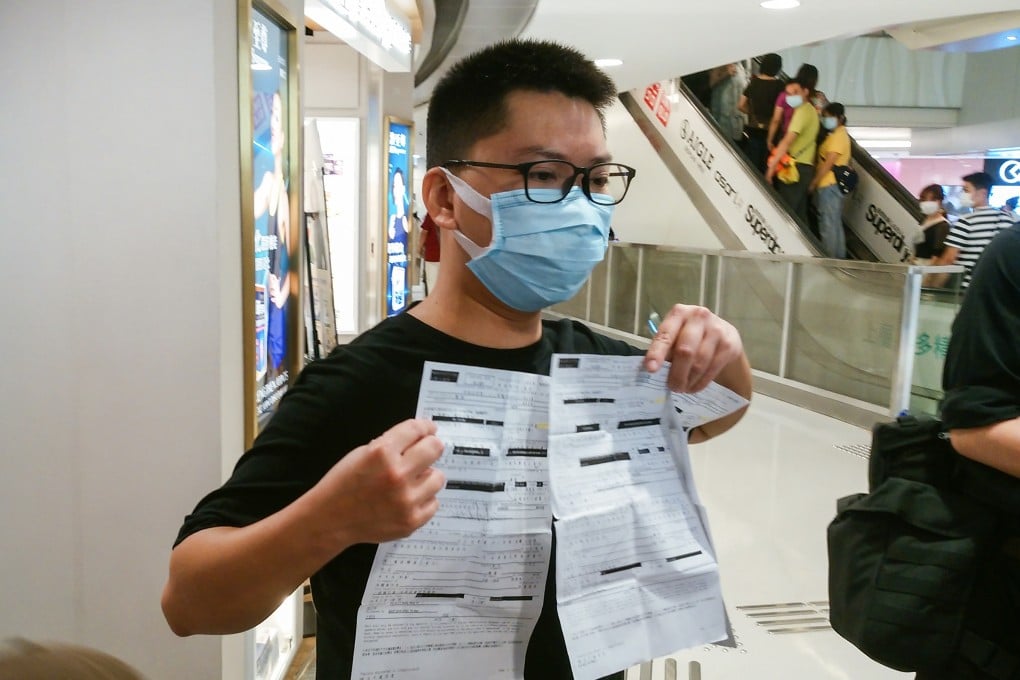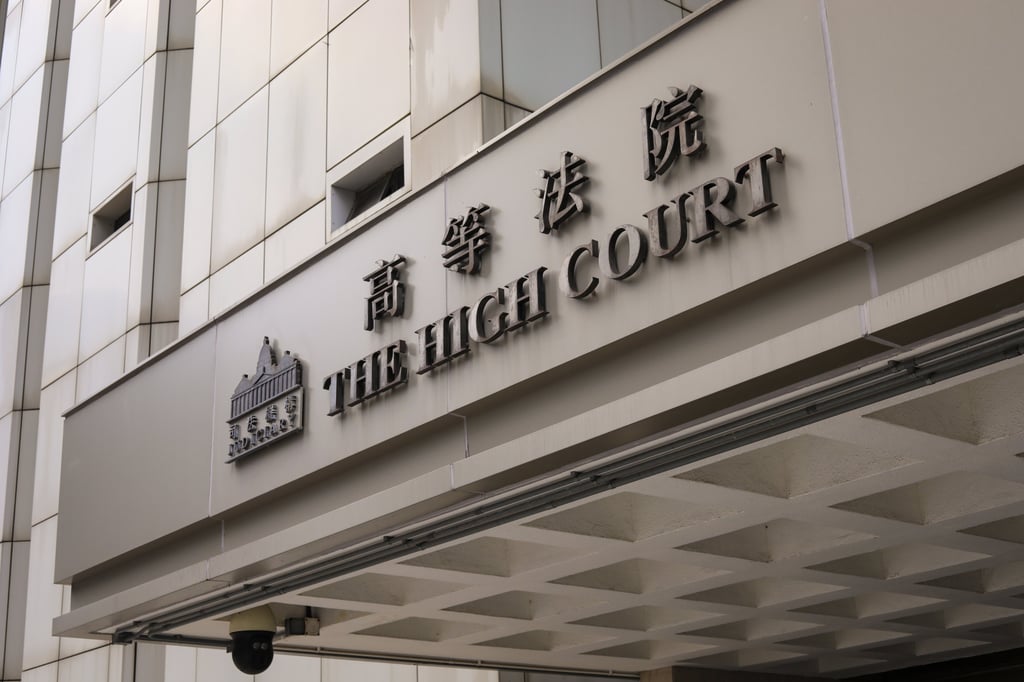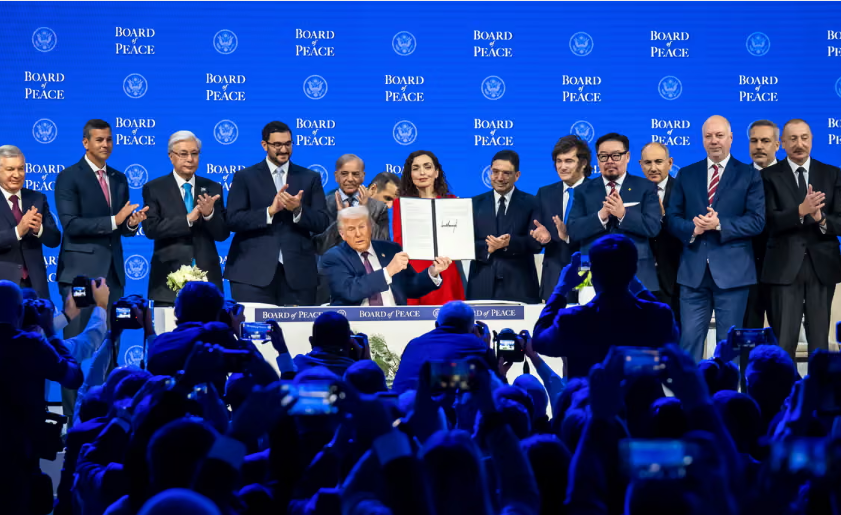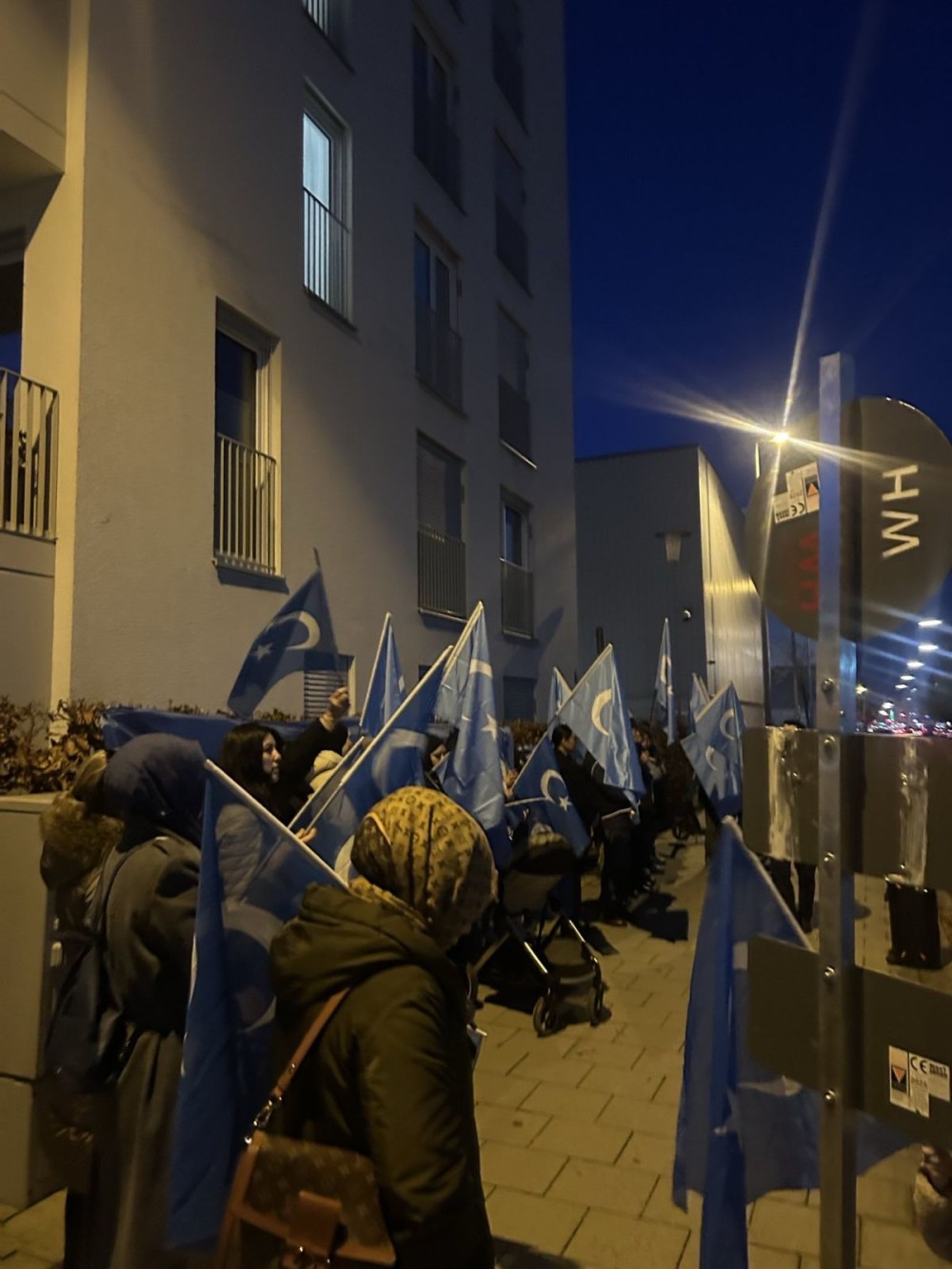Hong Kong court questions human rights implications in denial of early release

The Court of Appeal also highlighted on Friday that it had no power to compel the Correctional Services Department to accept the plea for immediate release from Adam Ma Chun-man, the prisoner behind the first legal challenge against the Safeguarding National Security Ordinance.
He had expected to be released on March 25 last year, as prisoners generally had their sentences cut by a third for good conduct while in custody.
But the ordinance, mandated under Article 23 of the Basic Law, the city’s mini-constitution, stipulates that a national security offender “must not be granted remission” unless the commissioner of correctional services is satisfied the move will not compromise national security.
In Friday’s appeal hearing, Ma’s legal counsel Steven Kwan Man-wai complained his client had been stripped of an opportunity to have his case referred to the supervision board for consideration, which amounted to a deprivation of liberty in violation of Article 5 of the Hong Kong Bill of Rights.
Kwan also argued the court was not bound by the “judgment” and “opinion” of the Committee for Safeguarding National Security, chaired by city leader John Lee Ka-chiu, that Ma’s early release would be “contrary to the interests of national security”.

Chief Judge of the High Court Jeremy Poon Shiu-chor noted that the best the court could do was to remit Ma’s case to the commissioner for a review, but it could not order the reversal of the decision.
Poon also highlighted that any remission granted to individual inmates was discretionary and that Ma’s rights would not be infringed even if he was deprived of a chance to be heard on the matter.
Mike Lui Sai-kit SC, representing the commissioner, revealed that the department had conducted an annual review on Ma’s case and reached the same conclusion that he should serve the entirety of his jail term on national security grounds.
Lui pointed out that even if the appellate court sided with Ma, any subsequent orders would be useless because the commissioner would hold on to his view anyway.
He also stressed that a “very broad” definition of national security did not necessarily mean it was vague and unable to let residents know how to behave.
The appellate court, also presided over by justices Derek Pang Wai-cheong and Anthea Pang Po-kam, is expected to deliver its ruling in six months.












